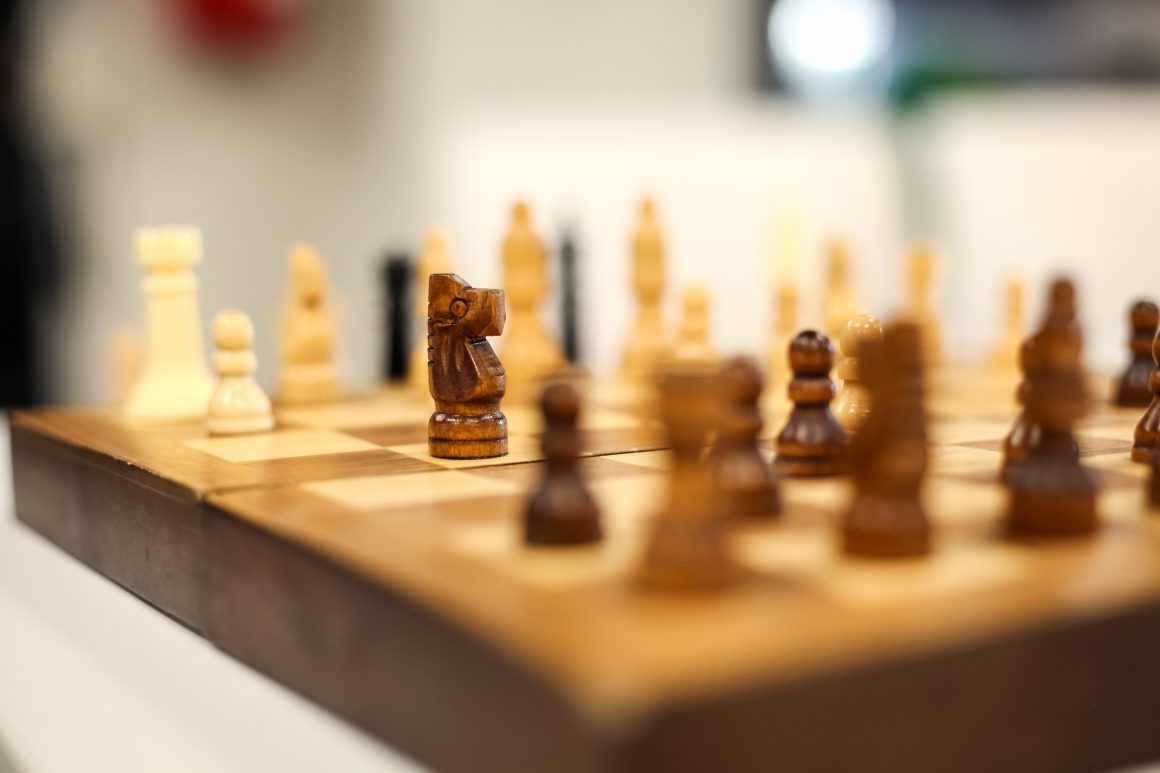
Is chess a sport? Yes, according to some experts
By Kristy Koehler, November 21 2018 —
If you ask the people around you whether or not chess is a sport, chances are that most will say no. However, the Oxford English Dictionary defines a sport as “an activity involving physical exertion and skill in which an individual or team competes against another or others for entertainment.” By that definition, chess may well be a sport.
The argument has gone on almost as long as people have been playing the game. Chess is well-established — according to the Fédération Internationale des Échecs (FIDE), the organization that represents chess internationally, the first modern chess tournament was held in 1851. Though precursors to the game existed in the 1200s, the game has looked about the same as it does today since 1475. Chess is played in almost every city in Canada, at every level — elementary schools and high schools have clubs, as do universities and municipalities.
FIDE is a sport federation recognized by the International Olympic Committee. As a result of IOC recognition, FIDE is a signatory to the World Anti-Doping Agency’s conventions and abides by their anti-doping policies for events and tournaments. The national Olympic committees of more than 100 countries recognize chess as either a full or affiliate sporting member. Chess appeared as an exhibition sport at the 2000 Summer Olympics in Sydney and the International University Sports Federation recognizes chess as a sport and includes the game as part of the World University Championships alongside sports like pentathlon, rugby and weightlifting.
Those who don’t believe chess is a sport generally cite the lack of physical exertion required to play the game. While at a first glance that may seem true, Vladimir Drkulec, president of the Chess Federation of Canada, knows first-hand that physical fitness is required to play at a high level.
“A typical game will go four to six hours with three hours being the low end and considered a quick game,” Drkulec said. “At higher levels, you get between 90 minutes and two-and-a-half hours on the clock with an increment of 30 seconds per move. A 60-move game would thus go six hours if both players are near the limit of their time. When I organized the Canadian youth chess championship, we had a game that went 179 moves, if my memory serves me correctly.”
There are sports in the current repertoire of the Olympic Games that, similarly to chess, require less physical exertion than others. Take archery for example — like chess, it requires mental stamina and concentration but does not fit the bill of a typical sport where the physical exhaustion is evident to spectators. But much like chess, few would deny the skill and preparation needed to succeed.
“Many of the factors that allow someone to excel in physical sports are also at play in chess,” Drkulec said. “As a chess coach, I often find myself studying the writings of coaches and athletes in other sports for insights, which can help my students improve and get better.”
The University of Calgary has its own chess club. They meet on Fridays from 3–7 p.m. You can find them on Facebook at UofCChessClub.
